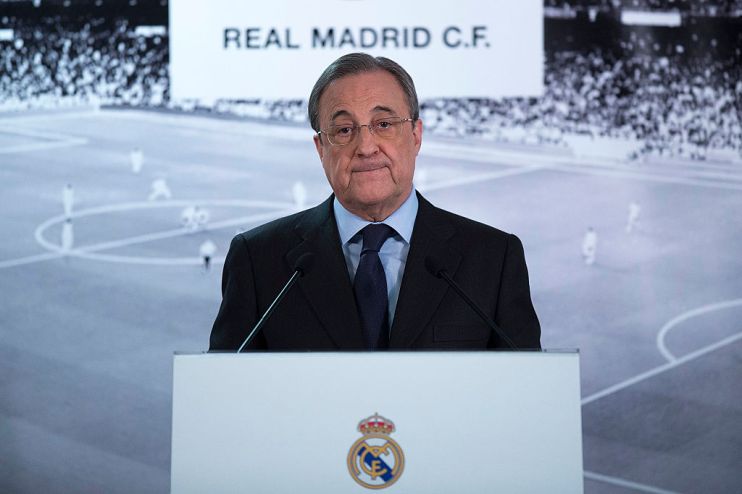Swift disintegration of European Super League leaves it looking like nothing more than an elaborate power play that backfired spectacularly

We were told by the clubs – the so-called “dirty dozen” – that the European Super League was a done deal. That it was definitely happening. That it was more than just another power play.
The fact that it took less than 48 hours from that announcement for Chelsea to back out, and other dominoes to swiftly fall, shows just how committed they really were to the project, which now looks like little more than an elaborate stunt that spectacularly backfired.
Perhaps the clubs underestimated the severity of opposition, not just among fans but from their own players and managers. If there has been one heartening aspect of this tawdry European Super League episode it has been the way football has mobilised to fight it.
But if the 12 teams truly had resolved to go it alone, then all of this ought to have been too late. The fact that it wasn’t, that there was still the option of backing out, shows that the plans weren’t as advanced as we were led to believe.
There had been clues that this was not quite a fait accompli – prime among them the unwillingness of any of the rebel clubs to front up and accept the interrogation that was always going to accompany such a provocative move.
The clubs waited until 11:30pm on Sunday to sneak out their statement, despite the details being well trailed earlier in the day, almost as if they were ashamed and hoped people wouldn’t notice – except Uefa, of course.
And why did no club official other than Real Madrid president Florentino Perez, the would-be European Super League chairman, appear before media – and even then not until Monday night on a downmarket TV show?
Was the clubs’ silence because they knew it was terrible PR, or because they did not want their commitment to the breakaway project to be examined too closely?
European Super League plan an absurd gamble
This half-baked approach to communications was evident in a website that ran to a full two pages and featured a logo best described as rudimentary.
An announcement of a new European Super League should have been a big budget affair, accompanied by a media conference, polished branding and perhaps some initial commercial and broadcast partners. What we got was a website largely in black and white.
Was this because it was a mere placeholder until those details had been sorted? If so, it hardly smacks of the plans being fully formed.
Bayern Munich and Paris Saint-Germain wisely resisted overtures to commit to the new competition. Perhaps they, too, had their doubts that it would materialise – or extract a better offer from Uefa.
Now officials from Bayern and PSG have taken up influential posts at Uefa and the European Club Association that their counterparts from rebel clubs – including Manchester United’s Ed Woodward – had no choice but to abandon. Tonight, Woodward has also had to leave his club.
Uefa, meanwhile, stood firm. Having given ground to these clubs time and time again in negotiations over money and influence, they stared down the dirty dozen and it was the clubs who blinked first.
The more it unravels, the more the European Super League looks like an absurd gamble. The clubs overplayed their hand and Uefa, Bayern and PSG called their bluff.
We haven’t heard the last of a European Super League. No doubt, it will be back in some form. But next time it will either need to be within Uefa – or at least more organised, more committed and the plans much more advanced than this.
